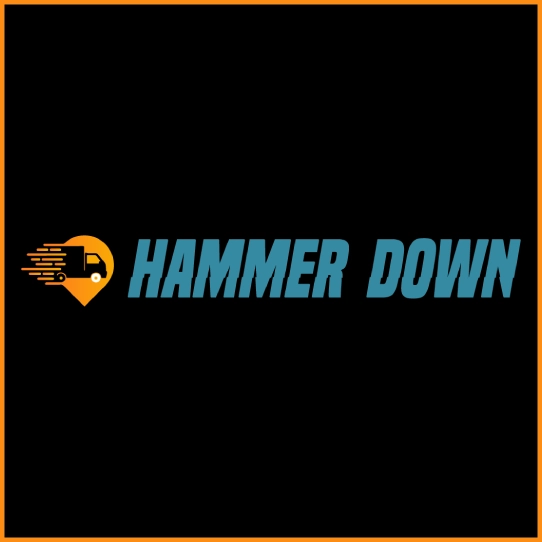Hammer Down with Nada Jiddou: How Clarience Technologies is Revolutionizing Transportation Safety and Telematics
In an era where technology is rapidly transforming industries, the transportation and logistics sector stands at a pivotal point. With advancements in connectivity, electrification, and autonomous technology, companies are redefining how goods and people move. One such company at the forefront of this revolution is Clarience Technologies, which has evolved from its roots in lighting solutions to become a visionary in transportation safety and telematics.
What does the future hold for transportation, and how are companies like Clarience Technologies shaping transportation safety and telematics? In the latest episode of “Hammer Down”, host Mike Bush delves into these questions with Nada Jiddou, Executive Vice President at Clarience Technologies. They explore the impact of visibility solutions on fleet operations and the transformative power of technology in ensuring safety and efficiency on the road.
Key points of discussion in this episode include:
- The evolution of Clarience Technologies and its role in enhancing visibility and safety in transportation.
- The significance of connectivity and data management in the future of autonomous vehicles.
- The potential of electrification and sustainable practices to revolutionize the industry.
Nada Jiddou brings a wealth of experience to the conversation, with a background that includes pivotal roles at Ford, Whirlpool, and OnStar. Her expertise in digital innovation and strategy provides valuable insights into the future of transportation and the importance of embracing change in an ever-evolving industry.
Article written by MarketScale.




